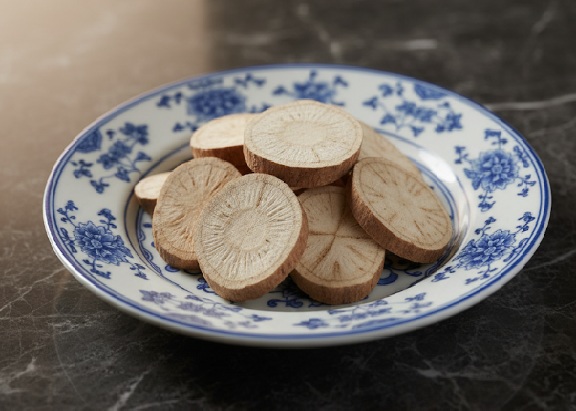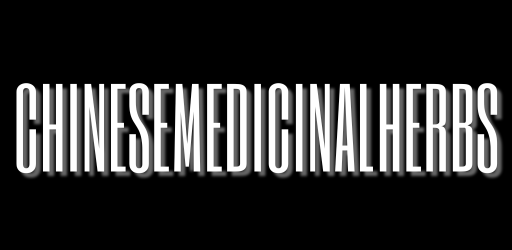Stephania Root Chinese Herb

Stephania Root (Fang Ji): A Cooling Herb for Edema, Painful Joints, and Damp-Heat
Introduction
Stephania root, known as Fang Ji (防己) in Traditional Chinese Medicine (TCM), is a bitter, acrid, and cold herb valued for expelling wind-dampness, relieving pain, and promoting urination to reduce edema. It is commonly used for swollen joints, rheumatic pain, and fluid retention caused by damp-heat. In formulas, it is often paired with herbs that strengthen the Spleen and promote water metabolism.
What Is Stephania Root?
Fang Ji refers to the dried root of Stephania tetrandra, a climbing plant in the Menispermaceae family. In TCM, it is classified as bitter, acrid, and cold, entering the Bladder, Kidney, and Spleen meridians. Its strong draining and damp-resolving nature makes it especially effective for edema and damp-related joint disorders.
Health Benefits of Stephania Root
Reduces edema – Promotes urination and alleviates swelling in the legs, feet, and body.
Relieves joint pain – Effective for arthritis, rheumatism, and swollen, painful joints due to wind-dampness.
Clears damp-heat – Helps with damp-heat in the lower burner, including urinary difficulty and hot, swollen joints.
Supports weight and fluid balance – Sometimes used for obesity linked to dampness and water retention.
How to Use Stephania Root
As a decoction – Boiled with water, often combined with diuretic and spleen-strengthening herbs.
In formulas – Frequently included in classical prescriptions such as Fang Ji Huang Qi Tang, which targets edema and deficiency.
Powdered form – Ground and mixed with other herbs, though less common than decoction.
Where to Buy Stephania Root
TCM apothecaries – Commonly available as dried root slices.
Herbal suppliers – May be sold loose or as part of prepared formulas.
Look for: firm, yellowish-brown roots with a bitter taste and clean, dry appearance.
Are There Any Side Effects?
Stephania root is generally safe in proper doses, but overuse can injure qi or cause excessive urination and weakness. It should not be confused with Aristolochia fangchi (Guang Fang Ji), which is toxic due to aristolochic acid. Avoid use in cases of yin deficiency or with existing weakness. Always use under professional guidance.
Conclusion
Stephania root (Fang Ji) is a cold, bitter herb that reduces edema, clears damp-heat, and relieves painful swollen joints. When used carefully and correctly identified, it offers strong benefits for water metabolism and damp-related conditions.
FAQ
Can Stephania root help with arthritis? – Yes, it is commonly used for painful, swollen joints caused by wind-dampness.
Is there a risk of confusion with toxic herbs? – Yes, it must not be confused with Guang Fang Ji (Aristolochia fangchi), which contains harmful aristolochic acid.
Is it safe for long-term use? – No, due to its strong draining effect it is best used short-term or intermittently under professional guidance.

